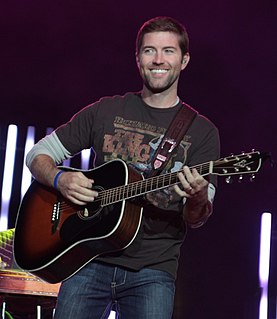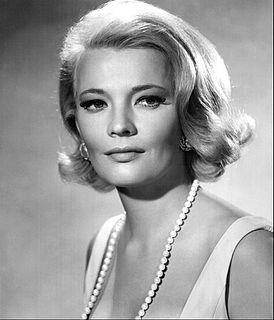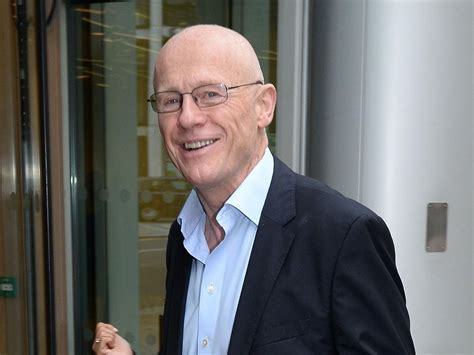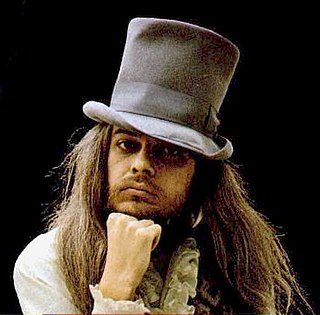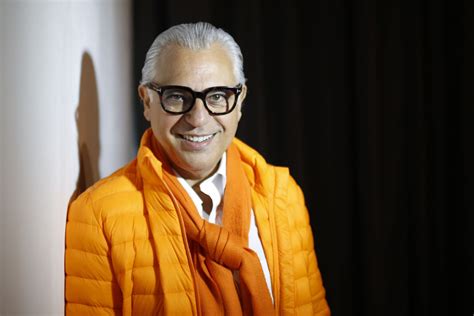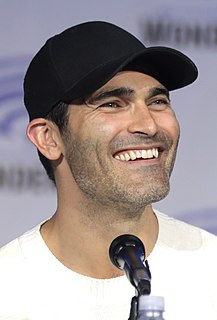A Quote by George Michael
In the very early days of Wham! the attention felt great, but I do wonder how much freedom I gave away by trying to become something I wasn't.
Related Quotes
I had very little fear about it, but basically, my straight friends talked me out of it. I think they thought as I was bisexual, there was no need to. But it's amazing how much more complicated it became because I didn't come out in the early days. I often wonder if my career would have taken a different path if I had.
The church is like any large corporation in one respect. In its early days, either the early church or the early years of Microsoft, you see all kinds of creativity, innovation, invention, people have nothing to lose, they're trying to find what works. Then you wake up and you're a vast enterprise, and it's very hard, when you have all kinds of buildings and structures and hierarchy and so on, to hang on to these very creative impulses that helped you get your great success in the first place. As a church we're going to have to figure a way out from under this.
I'm sort of an 'automatic' writer. I'm not much for chiseling away at songs or working at them for days trying to make them perfect. If I can sit down and write something in five minutes, then that's great. And if that doesn't happen, then either it doesn't get finished or else it's usually not any good.

